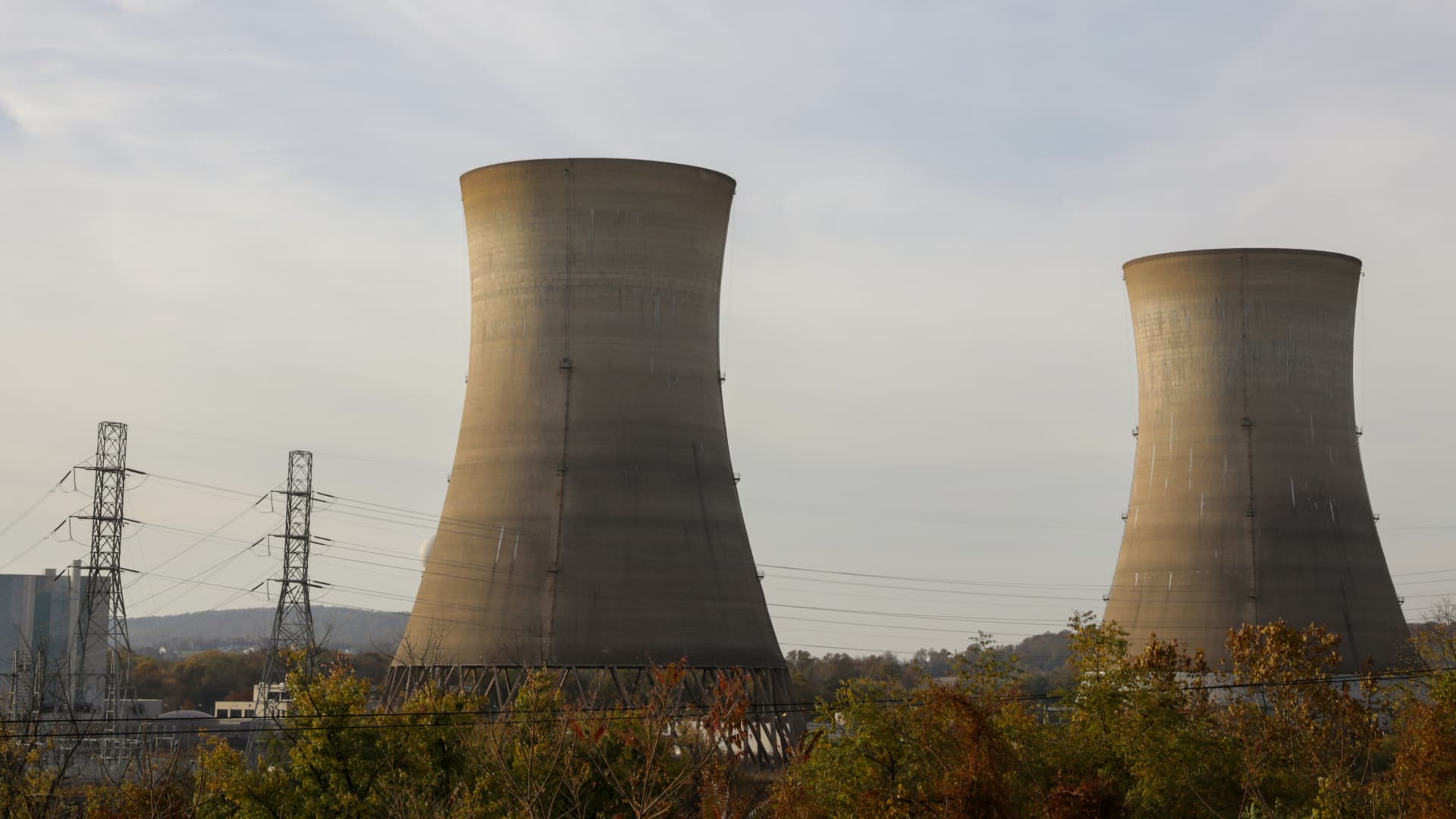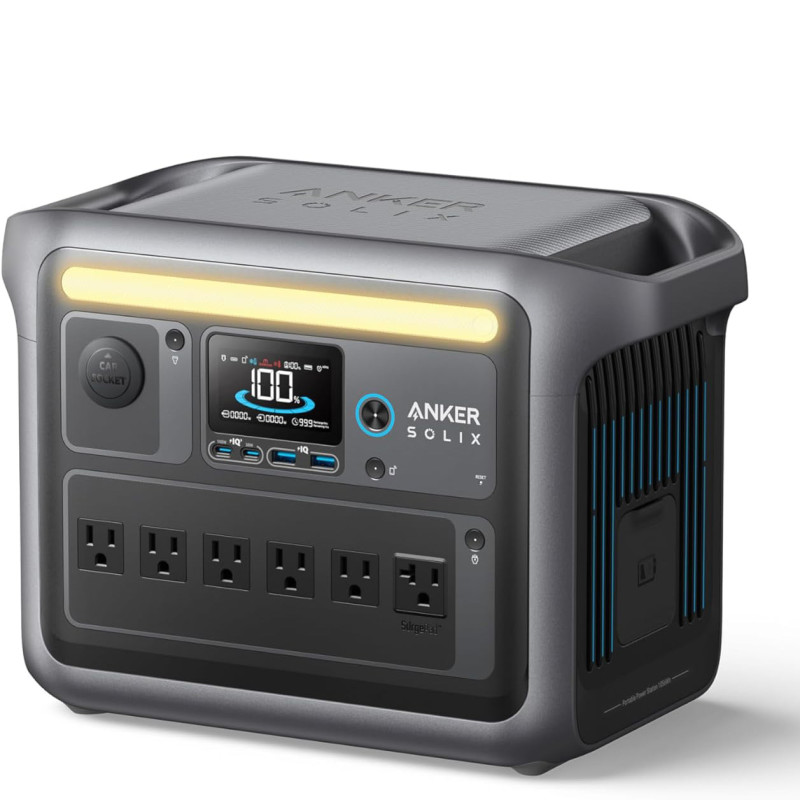Workers cross a junction near the Bank of England (BOE) in the City of London, UK, on Tuesday, April 8, 2025.
Bloomberg | Bloomberg | Getty Images
LONDON — Britain is at risk of losing budding fintech and cryptocurrency entrepreneurs to rival hubs if it doesn’t address pressing regulation and funding challenges, according to industry leaders.
Several crypto bosses told CNBC this week that the U.K. has created an unfavorable environment for fintech and crypto. They argued that the local regulator takes too strict an approach to registering new firms, and that pension funds managing trillions of pounds are too risk-averse
Whereas a decade ago the U.K. was seen as being at “the forefront in terms of promoting competitiveness and innovation,” today things “have shifted more towards prioritizing safety and soundness to an extent where growth has been held behind,” according to Jaidev Janardana, CEO of British digital bank Zopa.
“If I look at the speed of innovation, I do feel that the U.S. is ahead — although they have their own challenges. But look at Singapore, Hong Kong — again, you see much more rapid innovation,” Janardana told CNBC. “I think we are still ahead of the EU, but we can’t remain complacent with that.”
Tim Levene, CEO of venture capital firm Augmentum Fintech, said entrepreneurs face challenges attracting funding in the U.K. and could be tempted to start their founding journeys in other regions, like Asia and the Middle East.
“We’re scrambling around looking for pots of capital in the U.K., where currently it would be more fruitful to go to the Gulf, to go to the U.S., to go to Australia, or elsewhere in Asia, and that that doesn’t feel right,” Levene told CNBC.
Lisa Jacobs, CEO of business lending platform Funding Circle, said that the negative impacts of Brexit are still being felt by the U.K. fintech industry — particularly when it comes to attracting overseas talent.
“I think it is right that we’re paranoid about other locations,” she told CNBC. “It is right that we are trying to — as an industry, as government — make the U.K. still that great place to set up. We have all the ingredients there, because we’ve got the ecosystem, we do have this talent setting up new businesses. But it needs to continue. We can’t rest on our laurels.”
Crypto rules unclear
The U.K. is home to a vibrant financial technology sector, with firms like Monzo and Revolut among those scaling to become challengers to traditional banks.
Industry insiders attribute their rapid rise in part to innovation-friendly rules that allowed tech startups to apply for — and secure — licenses to offer banking and electronic money services with greater ease.
Businesses operating in the world of crypto are frustrated that the same hasn’t happened yet for their industry.
“Other jurisdictions have started to seize the opportunity,” Cassie Craddock, U.K. and Europe managing director at blockchain firm Ripple, told CNBC.
The U.S., for example, has adopted a more pro-crypto stance under President Donald Trump, with the Securities and Exchange Commission dropping several high-profile legal cases against major crypto businesses.
The EU, meanwhile, has led the way when it comes to laying out clear rules for the industry with its Markets in Crypto-Assets (MiCA) regulation.
“The U.S. is driving global tailwinds for the industry,” Craddock said, adding: “MiCA came into force in the EU at the end of last year, while Singapore, Hong Kong and the UAE are moving full steam ahead with pro-industry reforms,” she added.
The U.K. on Tuesday laid out draft proposals for regulating crypto firms — however, industry insiders say the devil will be in the detail when it comes to addressing more complex technical issues, such as reserve requirements for stablecoins.
Rules on stablecoins unclear
One area in particular where fintech and crypto leaders alike want to see more clarity is stablecoins, a type of cryptocurrency whose value is pegged to that of a sovereign currency.
Mark Fairless, CEO of payments infrastructure firm ClearBank, told CNBC that his business has been looking to develop its own stablecoin — but it’s been held back from launching one because of a lack of regulatory clarity.
Stablecoins are “part of our medium-term, longer-term strategy,” Fairless told CNBC. “We see ourselves well set up for that.” However, he added that a ClearBank stablecoin will only be possible when there’s regulatory certainty in the U.K. The startup is awaiting approval from the Bank of England.
Crypto industry insiders also say the FCA has been too restrictive when it comes to approving registrations from digital asset firms. The FCA is the regulator responsible for registering firms that want to provide crypto services within the scope of money laundering regulations in the U.K.
Last year, the watchdog published a roadmap detailing its plan to implement crypto regulation. The roadmap includes a series of discussion papers on topics ranging from stablecoins to crypto lending over the next two years. A full regulatory regime is expected to go live by 2026.
Another issue faced by crypto companies is that of being “debanked” by high street banks, according to Keith Grose, head of U.K. at Coinbase.
“Debanking is a huge issue — you can’t get bank accounts if you’re a company or individual who works in crypto,” Keith Grose, Coinbase’s U.K. head, told CNBC. “You can’t build the future of the financial system here if we don’t have that level playing field.”
A survey by Startup Coalition, Global Digital Finance and the U.K. Cryptoasset Business Council of more than 80 crypto firms published in January found that half were denied bank accounts or had existing ones closed by major banks.
“I think the U.K. will get it right — but there is a risk if you get it wrong that you drive innovation to other markets,” Coinbase’s Grose told CNBC.
“This is such a fast developing space — stablecoins grew 300% last year. They’re already doing more volume than Visa and Mastercard,” he added. “I think if you deliver smart regulation here, stablecoins can be a foundational part of our payment ecosystem in the U.K. going forward.”

 Economics1 week ago
Economics1 week ago
 Economics1 week ago
Economics1 week ago
 Economics7 days ago
Economics7 days ago
 Finance1 week ago
Finance1 week ago
 Blog Post1 week ago
Blog Post1 week ago
 Economics1 week ago
Economics1 week ago
 Personal Finance7 days ago
Personal Finance7 days ago
 Economics1 week ago
Economics1 week ago













